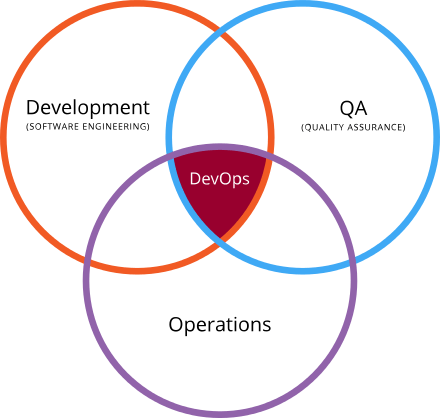Importance of having a DevOps Culture in a company

In the previous session at GPX class, we defined DevOps as a person or role who knows both software and infrastructure. Dispite is an acceptable definition DevOps is also a movement, a company culture where Operations and Developement teams work efficently to achieve better results. In this article we will describe the bennefits of having a devops culture inside a company.
Many times bringing a product to the market at the same pace it was developed is painful. Most companies are simply not culturally prepared for that kind of radical change. DevOps is a work methodology based on the development of code that uses new tools and practices to reduce the traditional distance between programming and systems technicians. This new approach to collaboration that is DevOps allows teams to work more closely, bringing greater agility to the business and notable increases in productivity.
Productivity increase.
The main principles of DevOps (automation, continuous delivery and fast feedback cycle) are aimed at making a software development process faster and more efficient. This translates into a greater customer experience since it is possible to guarantee the reliability and stability of an application after each new version. When applications run smoothly in production, companies in return get greater customer satisfaction.
Take advantage of the worker's skills.
DevOps tries to get the most out of each employee's skills. The objective is to exploit the concrete and differential knowledge of each worker.
Continuous delivery
Continuous delivery is a software development practice whereby changes in the code are automatically prepared and delivered to the production phase. Fundamental to the development of modern applications, continuous delivery extends continuous integration by implementing all changes to the code in a test or production environment after the compilation phase.

Continuous integration
Regularly combine code changes in a central repository, after which compilations and automated tests are run. The key objectives of continuous integration are to find and correct errors faster, improve software quality and reduce the time it takes to validate and launch new software updates.
Innovative mind
DevOps streamlines processes, propagates efficient versions and guarantees quality compilations. This means that the implementation phases are quieter, the teams are more rested and there is scope to create innovation windows.
Security
Adopting a devops model allows for greater security, automated compliance policies, thorough controls and configuration management techniques are used. infrastructure as code and policy as code.